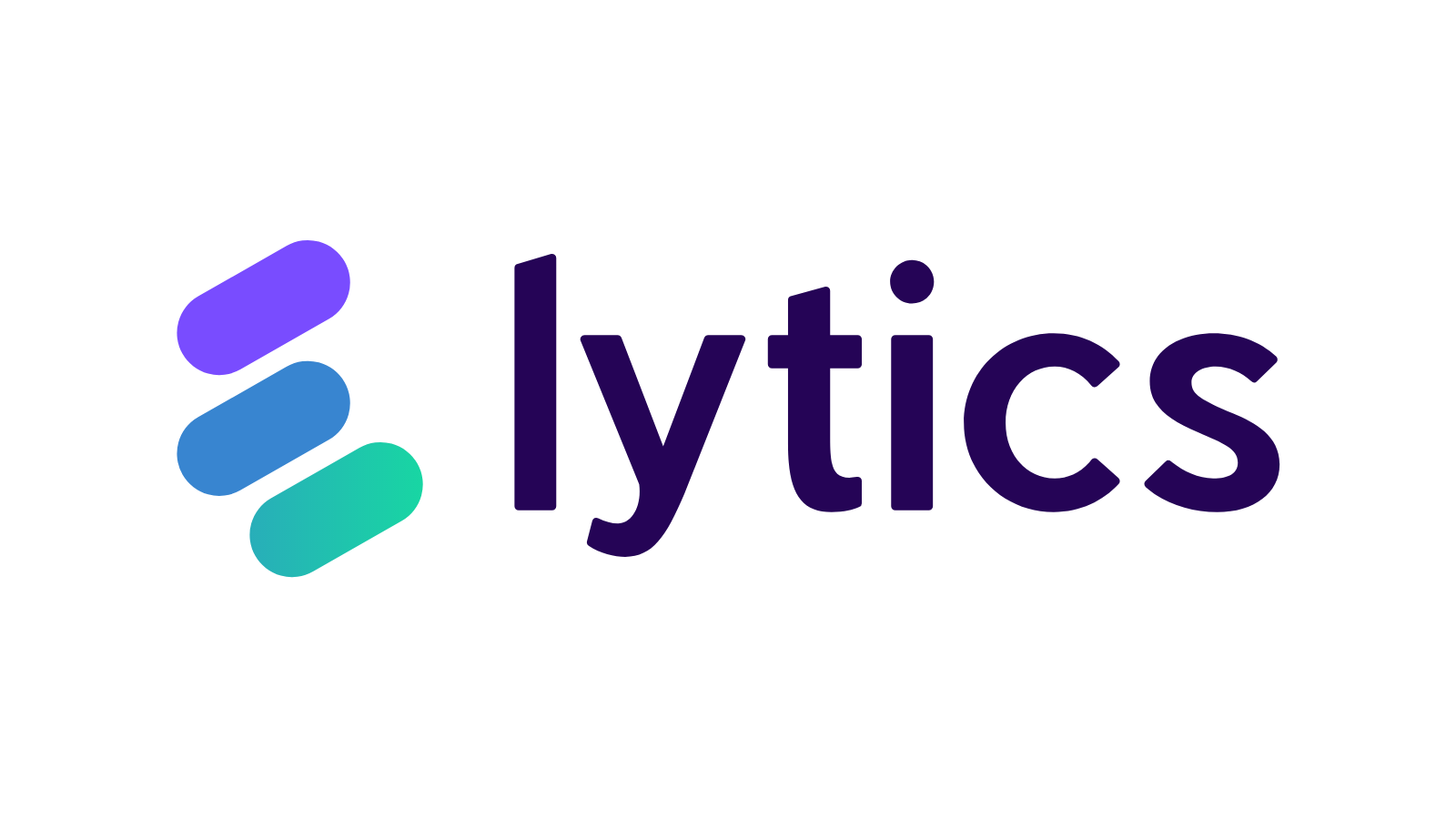
Sometimes, an amazing business idea starts as a spark ignited by a challenge impacting those around us. This was the case for James McDermott and his co-founder, Aaron Raddon. After serving as CEO of Storycode, a mobile software company which sold to Postano, James met with marketing executives across the country and realized large businesses desperately needed advanced marketing data about their consumers. With a background in mobile, analytics, and optimization, he was ready to build the solution.
Founded by James and Aaron in Portland, Oregon in 2014, Lytics provides the first-of-its-kind advanced Customer Data Platform (CDP). Helping enterprise marketers gain the insights they need to design effective data-driven campaigns across channels, customers of the Lytics CDP include brands like The Economist, The Motley Fool, and Nestlé US. Now celebrating its 5-year anniversary, James shares what he’s learned about the industry and what it takes to turn an idea into a thriving business.
In 2014, my co-founder and I met with 50+ heads of marketing at enterprise companies. They were all struggling to understand their customers and could not transform information about their prospects and customers in IT-managed databases into campaign execution.
The challenges for large B2C enterprises are similar. They need and want to transition to direct to consumer and become customer-centric, but they were trapped. They could not:
All the companies we talked with wanted to organize themselves around the customer, but didn’t have a platform to help them get there. And the marketers we interviewed kept asking us the same question: “How do we deliver what the customer needs and wants, if we can’t connect what we know about them with our marketing campaigns?” We understood this and saw it as a huge opportunity in the marketplace.
Here was a gap between marketing and IT that needed a solution. We wanted to build it because of our unique background in mobile, analytics, and optimization. Together, we co-founded Lytics to do just that.
Lytics Optimization empowers enterprise marketers to leverage machine learning that automatically delivers a relevant message in each of your connected channels.
To grow our business and team, we looked for investors who believed in what we were trying to do. Luckily, we found investors who wanted to help us build from the ground up and support along the way because building a company always comes with its challenges.
My advice to others is to find investors who have a thesis about your idea and already understand it before you even bring them that idea. That’s the ideal. Our Series A was led by Comcast Ventures, Series B by Two Sigma Ventures , and Series C by JMI Equity.
Aside from finding the right investors and long-term partners, growing the team is a big task. Over the past few years, our team has grown to over 80 people and we’re aiming for about 150 by the end of 2019.
Portland, Oregon is really a great city for startups and software. It’s a great place to live and an incredible place to build a company. We have a committed, mission-driven employee base that believes in what we are doing. And this city attracts people who want to do good in the world and want to work with a company that has a strong mission. We love that. Our customers love that.
One challenge to being in Portland is that we are out of “the network,” meaning, we aren’t in San Francisco or New York City or Seattle. This means we have to work a little harder to make sure we’re accessing the real-time information flow on everything from the Martech market to SaaS best practices.
The long hours and evolving industry require a lot from entrepreneurs. Throughout my career, I’ve picked up a few tips I wish I knew sooner:
Another important learning was that it’s a lot easier to build and improve something small then expand to adjacent markets. We started with the largest idea, product, and market and that was such a challenge. I’ve also learned that one of the hardest parts of being a founder is recognizing when you are wrong, admitting it, and adjusting. And if you have the right investors on your side, they will help you discover that you are on the wrong track and quickly jump in to support you through those tough adjustments.
The co-founder matters too. Without a partner to ride the difficulties, this would be a lonely and tough journey. We all need partners to help build a company, whether they are co-founders, family, friends, mentors, or investors. It’s a team effort.
In this new Founder Spotlight series, entrepreneurs from our portfolio companies will share insights about the problems they’re working to solve, how they built their companies, and advice to new entrepreneurs. Follow us on Medium and Twitter for the latest updates!
Turning a Marketing Industry Problem into a Business was originally published in The Forecast on Medium, where people are continuing the conversation by highlighting and responding to this story.